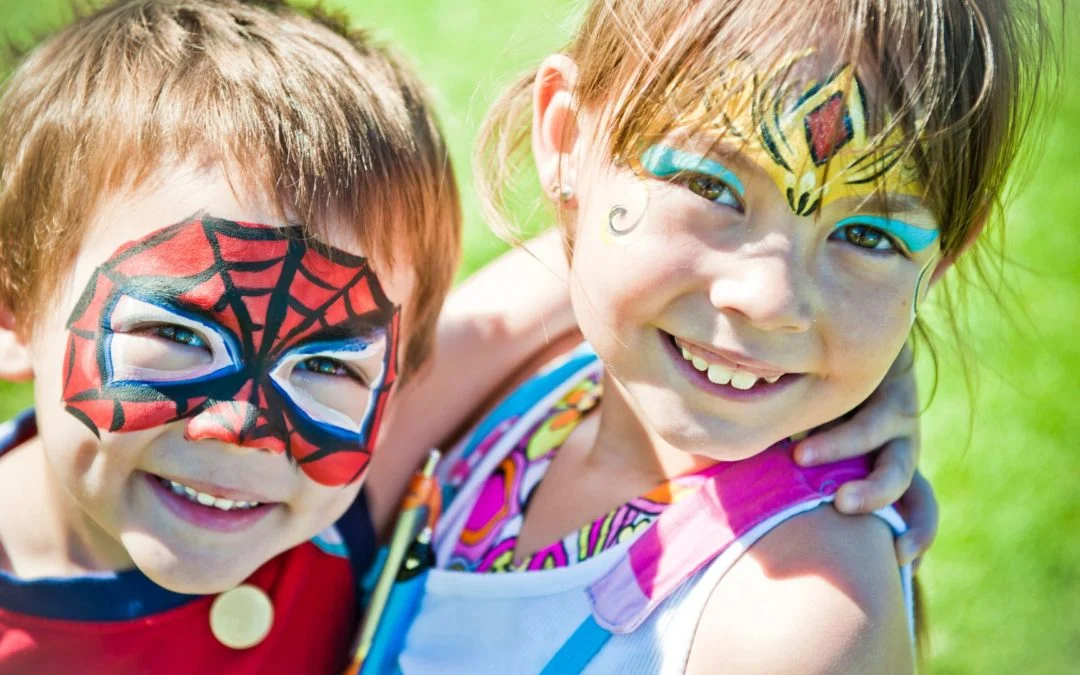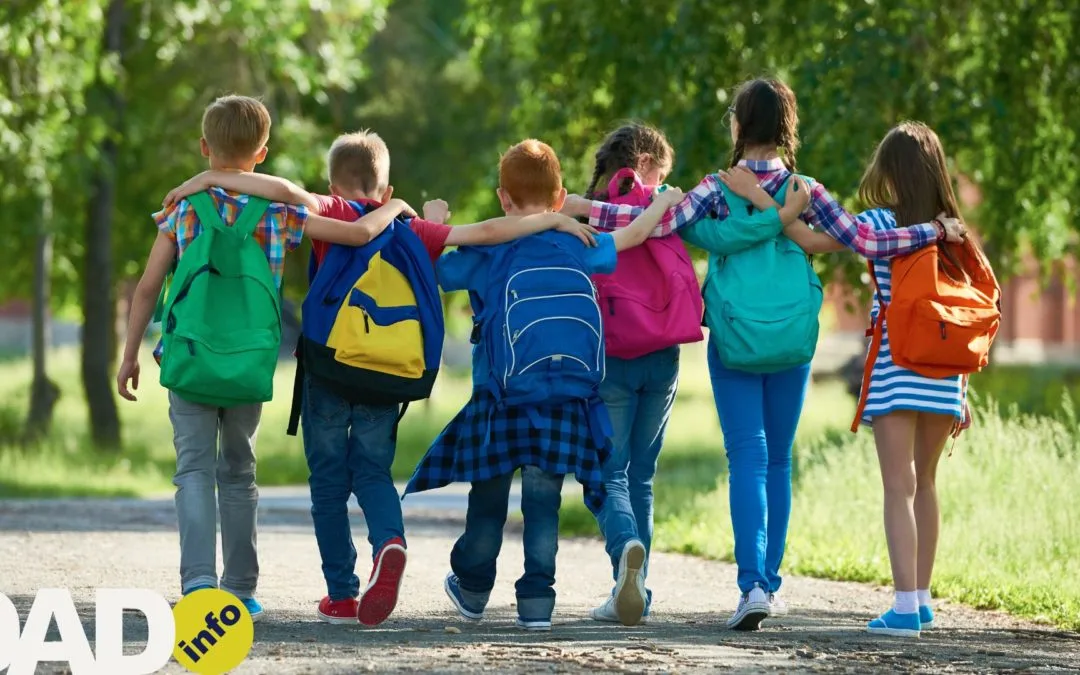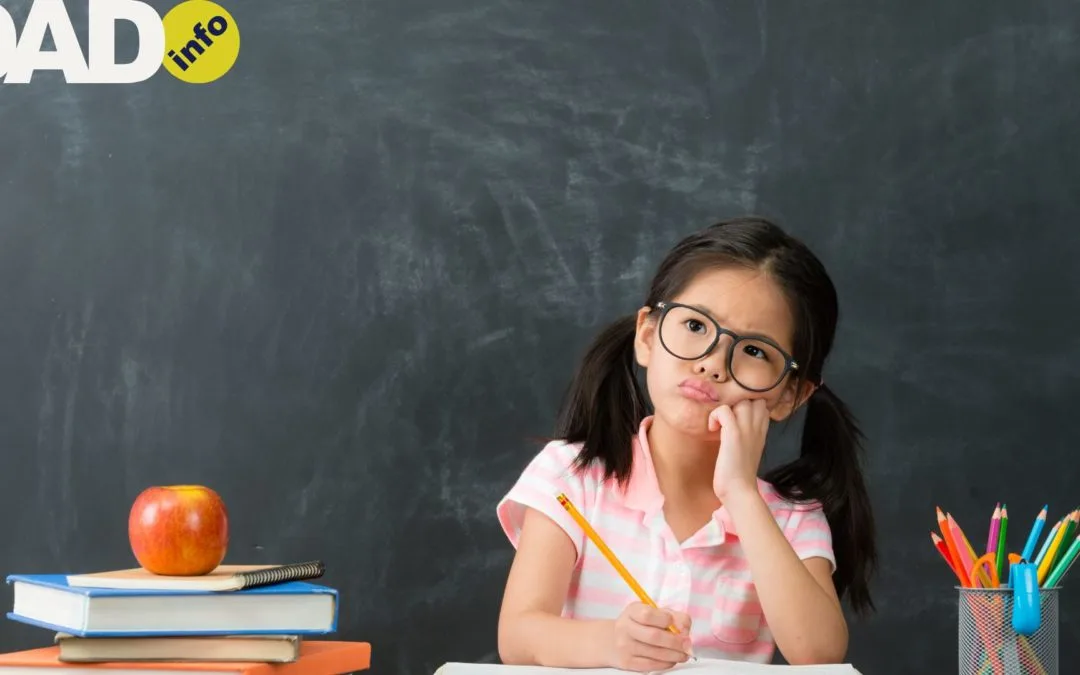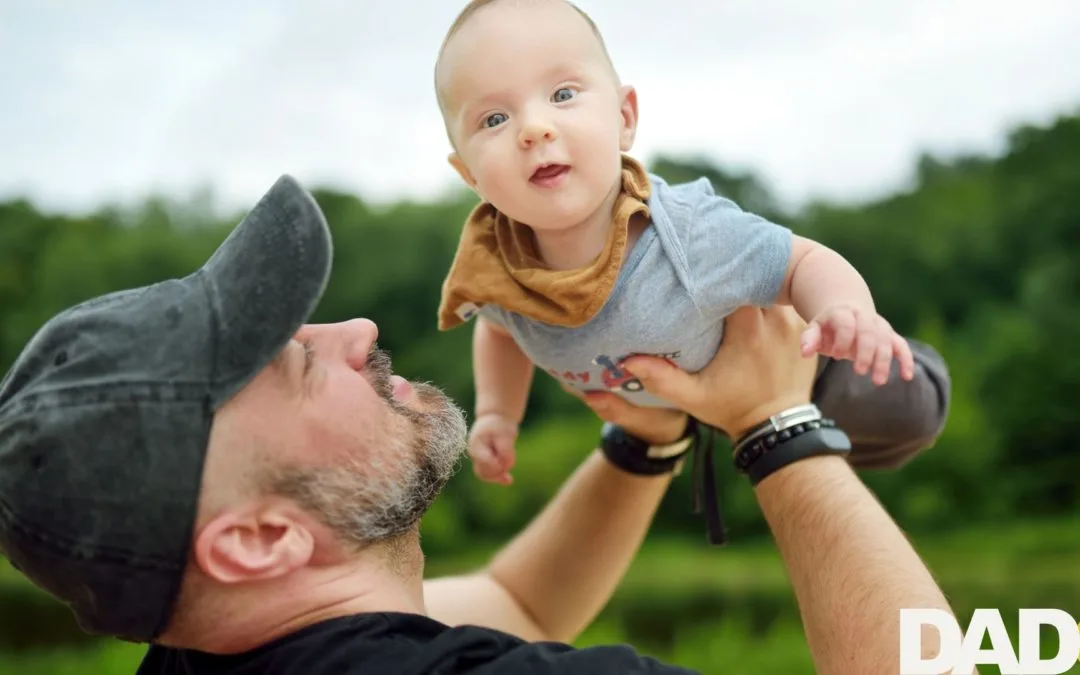
One of the most vital jobs we have as parents is to teach our children how to interact socially with politeness and respect. We can never start too early with showing our kids how to be kind and courteous- here’s how to teach manners to kids of all ages:
Lead by example
Children will naturally mirror their parent’s behaviour- so if they see dad and mum being polite, they will pick up on those habits. You can even exaggerate your ‘please’ and ‘thank you’ while in front of your child to make sure they take notice.
Let their first words be positive ones
Encourage little ones to say ‘hello’ and ‘bye’ to other people, as well as ‘please’ and ‘thank you’. It may be easier for small children to say ‘ta’ instead of thank you to start with.
Mealtimes are crucial
Encourage children to sit nicely, and aim not to make a mess (this might be tricky with children under 3, and might be best left until they pass that age).
Let others speak
Ensure that your child allows others to finish what they are saying and not interrupt.
Understand the importance of ‘thank you’
Children may not yet see the importance of thank you, so you can encourage them by practising gratitude. For example, after they’ve been given a present by a family member, suggest they hug the relative, or draw them a picture to say thank you. Similarly, kids can send thank you cards for their Christmas presents, or to children who attended their birthday party.
Eye contact
Children- particularly shy ones- can tend to avoid eye contact with others, particularly strangers. You can encourage them to make a habit of looking at others by suggesting they look at the person they’re talking to- for example ‘let’s look at Auntie Carol while she’s talking, because we want to hear what she has to say’.
However some children might find this difficult, so don’t force them or push them if this is the case.
Listening is caring
From a young age we can communicate to kids that taking the time to listen to others is a way of showing we care, and is also a sign of kindness. So, while talking to siblings or friends, children must let others speak and hear what they’re saying, even if they don’t agree.
Understand limitations
For young children it may be too challenging to remember to say ‘hello’, ‘goodbye’, ‘please’ and ‘thank you’ every time they interact. Praise the times they do remember and gently encourage them to remember as they grow.
‘Can I?’
It’s important for children to also learn to ask questions politely in order to get what they want. So, if your child would like to have pudding, ensure they ask politely rather than by saying ‘I want pudding’. This habit can then become ingrained.
Want to talk to other dads about parenting? Come and chat on our friendly forum.







